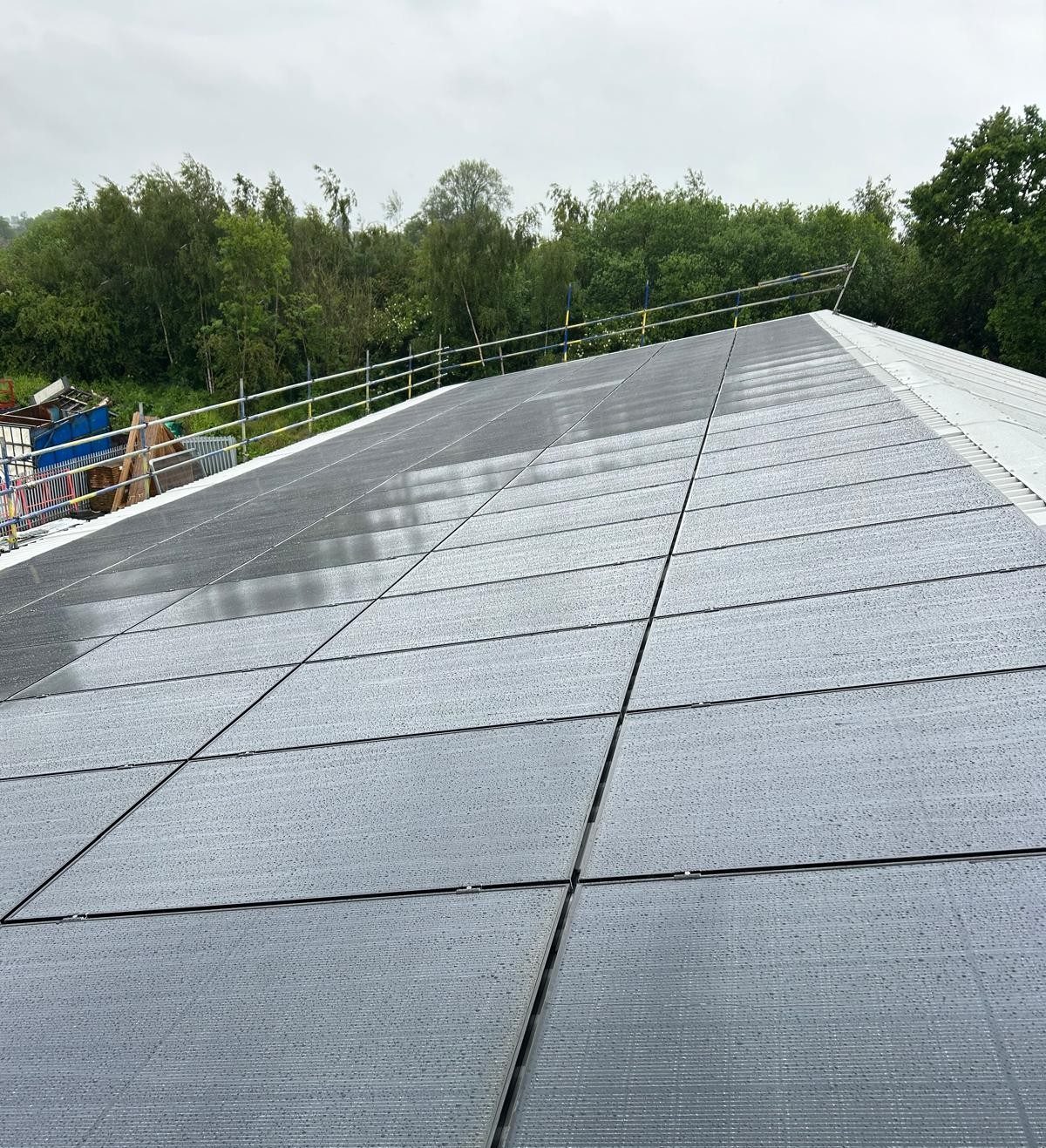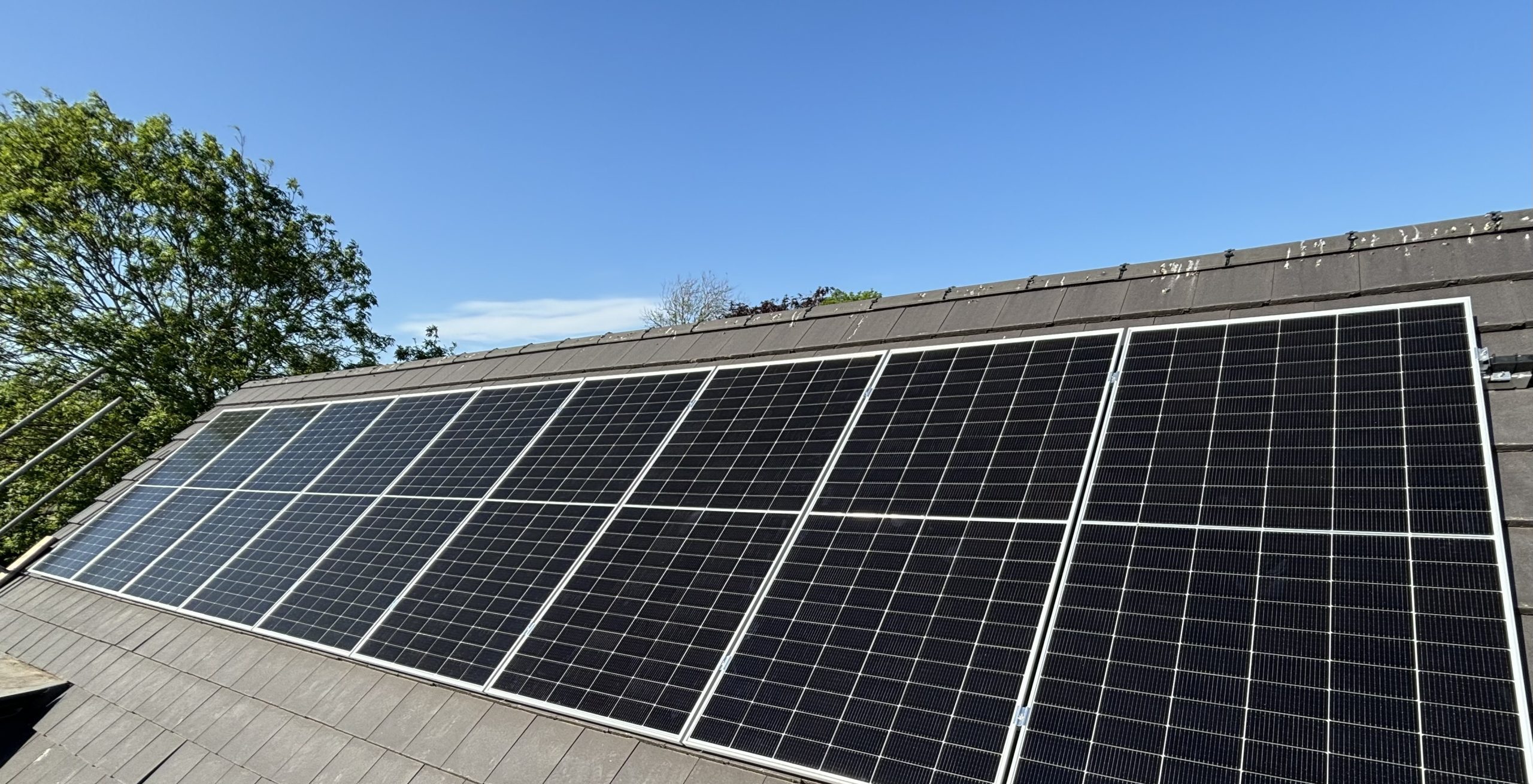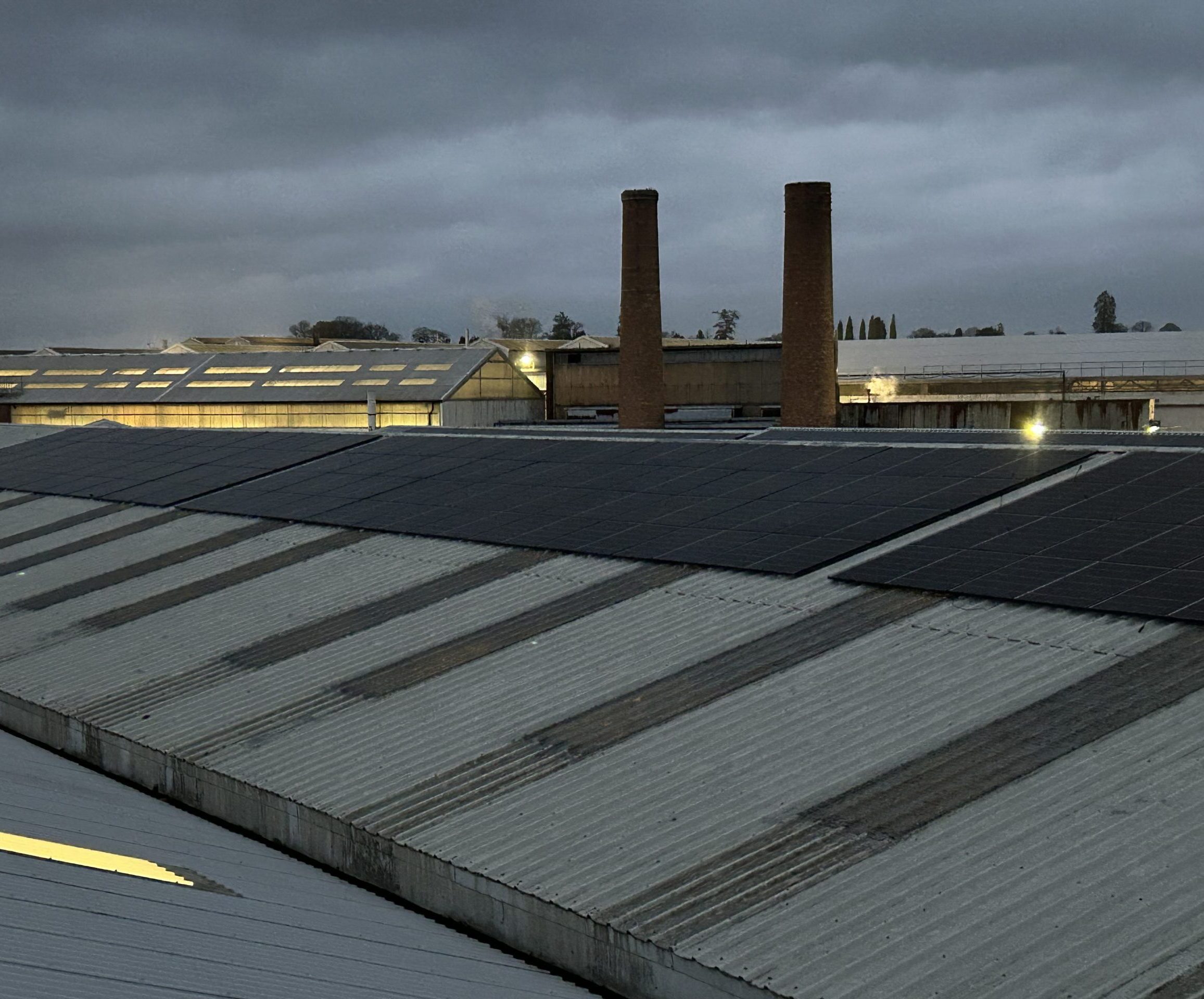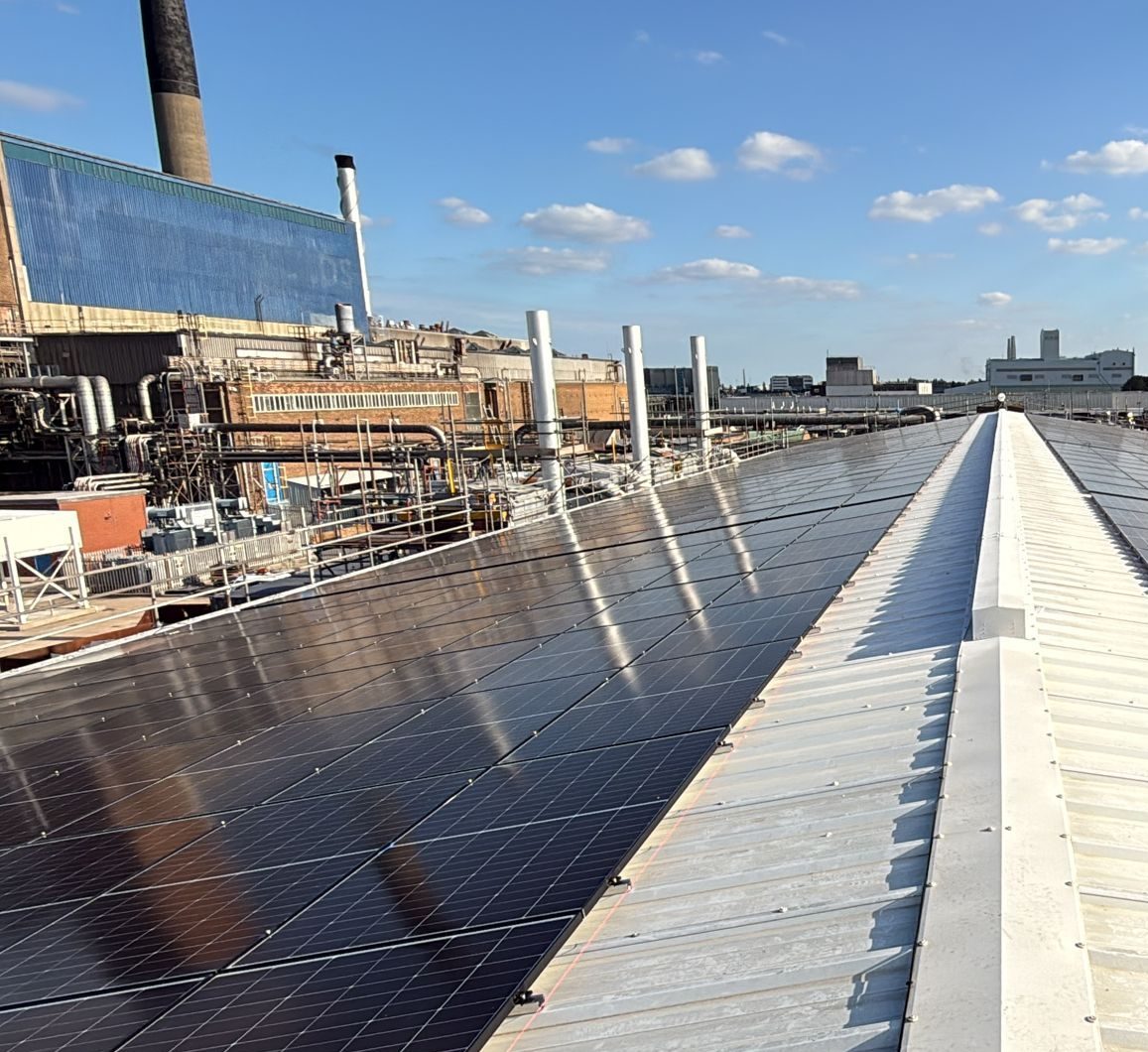
Net Zero
The term is an ambitious but vital goal that reflects our shared commitment to combatting climate change. It signifies a state where human-generated greenhouse gas emissions are effectively reduced to zero. Achieving this requires a shift from fossil fuels to renewable energy sources like solar energy and battery storage.
However, this isn’t only an environmental imperative. It’s also a driver of innovation, job growth, and economic resilience. By pursuing this achievement, we pave the way for a sustainable future, ensuring the well-being of current and future generations.
In our collective quest for net zero emissions, every individual, especially entrepreneurs and leaders, play a vital role. Businesses and organisations, possess a unique opportunity to optimise spending and protect the environment. Embracing sustainable energy solutions like solar PV systems and implementing smart energy practices, bolstered by battery storage solutions, is the key to fulfilling this role effectively.
Entrepreneurs and leaders can lead by example, reducing carbon footprints and setting the standard for sustainability. By doing so, you not only contribute to a greener future but also position your ventures as responsible and forward-thinking.
Carbon Neutral vs Net Zero
As businesses strive to improve sustainability and meet environmental goals, terms like carbon neutral and net zero are often used interchangeably. However, they represent distinct approaches to reducing carbon emissions. Understanding the difference is critical for making informed decisions about energy strategies, sustainability reporting, and commercial solar panel installations.


Carbon Neutral vs Net Zero: The Key Difference
Carbon Neutral means that a business balances its carbon emissions by reducing and offsetting them through measures such as renewable energy purchase, tree planting, or carbon credits. A carbon neutral company may still produce emissions, but these are compensated by equivalent CO2 savings elsewhere.
Net Zero, on the other hand, aims to eliminate or drastically reduce all carbon emissions from operations, products, and supply chains. This involves switching to zero carbon electricity, optimising energy efficiency, and using renewable energy solutions, like large-scale commercial solar PV systems, complemented by battery storage units to maximise self-consumption rates. Net zero focuses on actual emission reduction rather than simply offsetting.
Environmental Impact and Sustainability
Commercial solar panels directly contribute to reducing a business’s carbon footprint:
- CO2 Emissions Reduction – Onsite solar electricity offsets fossil-fuel consumption, delivering measurable annual CO2 savings.
- Battery Systems – Storing excess energy increases the self-consumption rate, reducing exported electricity dependency.
- Renewable Energy Guarantees of Origin (REGO) – Ensures that electricity produced is verifiably renewable.
- Sustainability Goals – Solar enables businesses to achieve long-term objectives such as net zero carbon emissions goals, compliance with ESG frameworks, and zero-carbon operation targets.
By combining solar PV system size optimisation with battery storage units, businesses can plan for maximal environmental impact and energy independence.

Frequently Asked Questions
Carbon Neutral vs Net Zero
1. Can a business be both carbon neutral and net zero?
Yes. A company can achieve carbon neutrality through offsets while progressively working toward net zero by reducing operational emissions via renewable energy, battery storage units, and energy efficiency measures.
2. How do I know what system size I need to achieve net zero?
System size depends on your energy consumption profile, roof space or land availability, and desired self-consumption rate. A feasibility assessment by GB NRG provides accurate projections and ROI calculations.
3. Do battery storage systems improve environmental performance?
Absolutely. Storing excess solar energy maximises self-consumption, reduces reliance on fossil-fuel electricity, and ensures zero-carbon operation during non-daylight hours.
4. What incentives are available for businesses pursuing carbon neutrality or net zero?
UK businesses can access government solar incentives, tax reliefs, SEG payments, and grant funding to lower upfront costs and accelerate payback periods.
5. How long do solar panels last, and what maintenance is required?
Commercial solar panels typically last 25–30 years. Annual maintenance and monitoring via an operations and maintenance manual ensure peak performance and compliance with performance warranties.
Q6. Can solar installations help with ESG reporting and sustainability goals?
Yes. Solar projects deliver measurable CO2 savings, verified renewable energy generation, and improved green credentials, supporting corporate reporting and sustainable business practices.
Achieving Sustainability Goals with GB NRG
By choosing GB NRG for commercial solar panel installations, businesses can:
- Make measurable progress toward carbon neutrality or net zero emissions.
- Reduce electricity costs while enhancing energy security.
- Integrate solar battery storage units for maximised renewable energy usage.
- Access government solar incentives, grants, and tax benefits.
- Demonstrate verifiable green credentials to stakeholders and investors.
Whether aiming for carbon neutral status or full net zero, commercial solar panels offer a practical, cost-effective, and environmentally responsible solution.
Contact UsTalk to us
Our team is here to help with your queries and questions. Please get in touch by calling our contact numbers, sending us an email, or filling out this form and we will get back to you as soon as possible.

